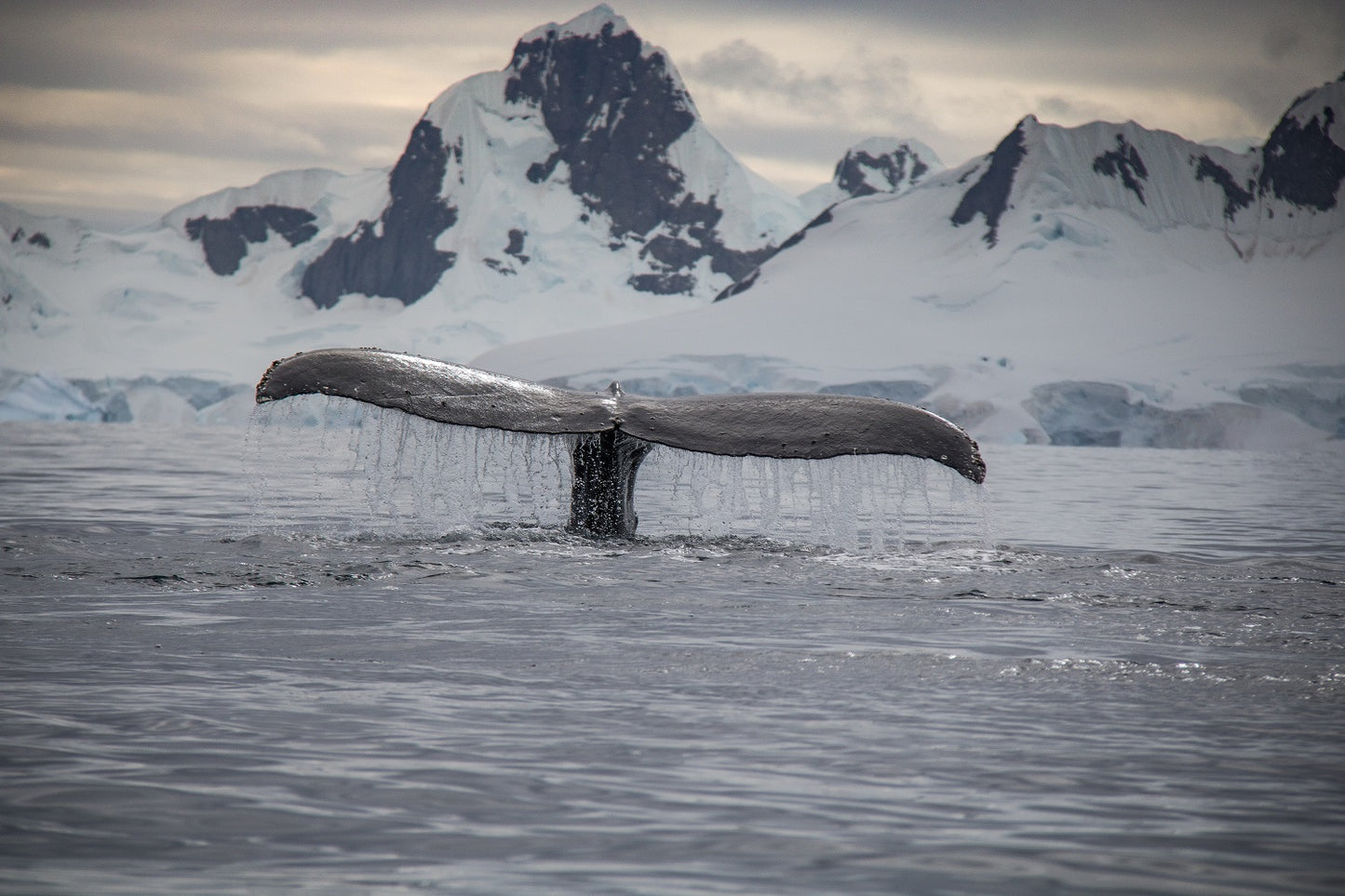
As if the doom and gloom of a pandemic wasn’t bad enough, earlier this month, the Intergovernmental Panel on Climate Change (IPCC) dropped their Sixth Assessment Report. The report predicts that we will exceed a global average of 1.5 degrees above pre-industrial climate, within two decades, and begin to see more frequent weather extremes and climate disasters, including bushfires, flooding, and drought.
Okay, so it’s bad – but even the most sophisticated computer modelling can’t foresee the future and many media outlets have failed to cover that the IPCC’s report is tinged with hope. If we can reach net-zero emissions and hold warming at 1.5 degrees, there’s a good chance that average temperatures will begin to lessen and the effects of climate change reverse.
As if the doom and gloom of a pandemic wasn’t bad enough, earlier this month, the Intergovernmental Panel on Climate Change (IPCC) dropped their Sixth Assessment Report – an eight-year labour of earth love providing the most comprehensive evaluation of climate science available. The report predicts that we will exceed a global average of 1.5 degrees above pre-industrial climate, within two decades, and begin to see more frequent weather extremes and climate disasters, including bushfires, flooding, and drought. Thanks guys, your timing is positively horrendous. I know, we need to hear it, but could you pick a year when we’re feeling a little less hopeless to let us know that the planet is all but done for?
Okay, so it’s bad – governments and industry need to take drastic action to reduce emissions and we each need to make changes in our daily lives to reduce energy consumption – but even the most sophisticated computer modelling can’t foresee the future and many media outlets have failed to cover that the IPCC’s report is tinged with hope. If we can reach net-zero emissions and hold warming at 1.5 degrees, there’s a good chance that average temperatures will begin to lessen and the effects of climate change reverse. Within years of net zero, we could see a reduction in global surface temperatures and, within decades, a refreezing of permafrost. We also know with more certainty that climate catastrophes, like Antarctic ice sheet collapse and the Gulf stream grinding to a halt, are very unlikely if we can hold near to 1.5.
We have thirteen years to halve global carbon emissions and twenty-nine years to reach net zero and I refuse to be a pessimist. Citizens of earth have shown to be flexible in reducing their movements and working from home, reducing vehicle emissions. Solar energy is the fastest-growing form of energy production, as many awaken to the cost savings and environmental benefits. And countries and conglomerates around the world are taking actionable steps towards net-zero. D’you know what friends? I think we’ve got this. I’ve got your antidote to the apocalyptic prophecies with four climate upsides for your 2021.
Hello, Glasgow!
In November of this year, world leaders will descend upon Glasgow for the sequel to the historic 2015 Paris climate conference. While Paris represented a step in the right direction – it was the first time that world leaders came together to acknowledge the climate crisis and agree that action was crucial – the emissions commitments made by countries varied widely, with most falling woefully short of what was needed to keep global temperatures in check. Fast forward six years and we’ve had worldwide climate rallies, we’re on track to blow past the agreed 1.5-degree temperature ceiling, and we’ve watched emissions plummet during the lockdowns of 2020, so we know what is possible. As well, more than 110 countries have committed to reaching net zero by 2050. President Jinping announced that China, the world’s biggest polluter, aimed to be carbon neutral by 2060, while the United Kingdom and European Union have made legally-binding net zero commitments. Glasgow couldn’t be timelier, presenting the ideal opportunity for leaders to walk the talk and nut out their net zero strategies with renewed imperative and the eyes of the world on them.
Big business has finally gotten the memo
In 2021, being ignorant to the earth’s plight is bad business. Even if you’re not convinced on the warming front, most of us can agree that we need to clean up our polluted world and ditching dirty coal would have a tremendous impact. With mounting public pressure for climate action, businesses that refuse to clean up their act risk alienating a large consumer segment and haemorrhaging money. Facing pressure from advocacy groups at its last AGM, supermarket giant, Coles, this year joined the ranks of Woolworths and Aldi in stepping up its emissions reduction targets. The supermarket has pledged to fuel its stable of 800-plus stores with renewables by 2025 and cut 75% of its emissions by 2030.
In a world united towards the goal of net zero, business players know they’ll be left in the dust if they don’t move with the times. The share price of once-mighty oil behemoth, Exxon, plummeted so low that it was booted from the Dow Jones Industrial Average, while electric car innovator, Tesla, is now the world’s most valuable car company. Yep, things are a’ changing. Investors are cringing at the prospect of adding climate risk to their portfolios and woke consumers are voting with their wallets. And if those signs aren’t positive enough for ya, central banks around the world are working on plans to mandate that businesses demonstrate their contributions to a net zero world.
Renewables on the rise
According to the International Energy Agency, the best solar power schemes offer the cheapest source of electricity in history. Renewables are becoming more widespread and therefore more affordable, already accounting for 25% of global electricity. It is also often cheaper to build renewable energy infrastructure than fossil fuel power stations and, as investment in green energy grows, prices will continue to fall. Soon, pricing will be comparative to traditional energy sources and the economic argument against shutting down coal and gas power stations will be moot.
2021 has been a year of milestones for renewable energy: the wind turbine industry has had a record year, adding ninety-three gigawatts – a 53% increase upon last year; the world’s seven largest economies, the G7, have each agreed to stop financing coal by the end of the year; and meanwhile in the Netherlands, a class action of 17,000 citizens convinced a court to order that Royal Dutch Shell cut its emissions by 45%, to repay its debt to society in spurring on climate change.
Most people want to do good
Time and time again we hear that the climate crisis is the doing of humans. And while emissions are certainly driven by human activity, it is the inaction of governments and corporations that has seen global temperatures creep, unabated. We’ve had the solutions for some time, but changemakers have been allergic to the cost of greening up their operations. Now, they need to consider the costs of failing to go green.
With legislators changing their tunes, we’re going to see aggressive policies towards achieving net zero, some of which will make life less comfortable – even climate lockdowns have been flagged. Covid has shown the willingness of humankind to come together to fight a common enemy. Give us a supervillain and clear steps to defeat the jerk, and you know we’ll be up to the task. While climate lockdowns would be overzealous, I believe that we will reinvent the way we live and work, starting with the culling of interstate and overseas business trips in favour of virtual meetings and reducing car travel by shopping locally, carpooling, making greater use of public transport and working from home.